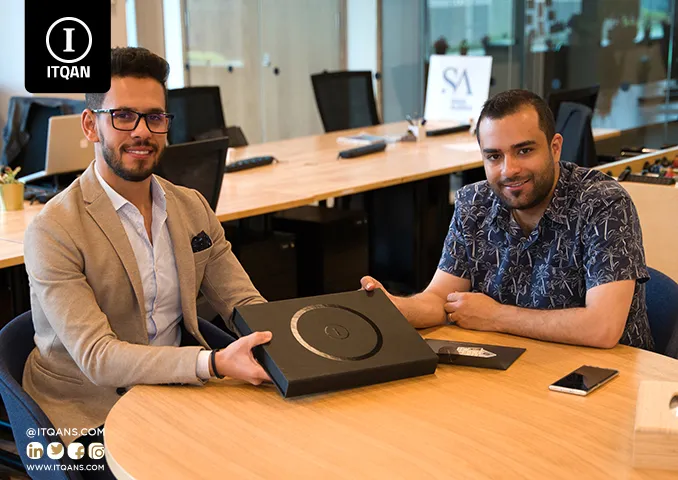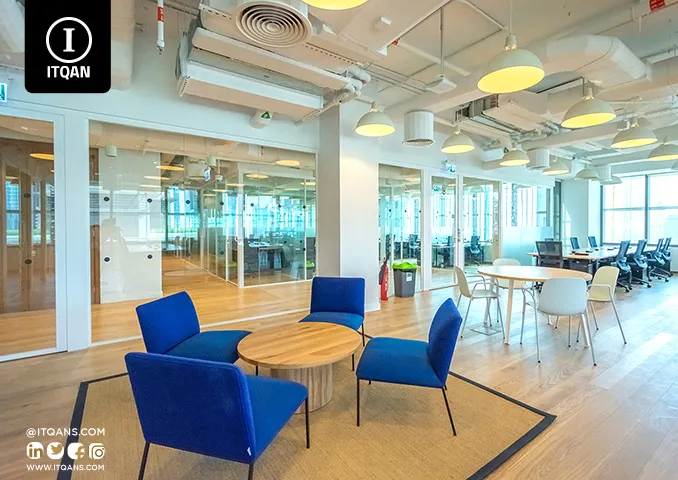How to Register a Company in Dubai International Financial Centre (DIFC)
Setting up your company in the DIFC is a strategic move for entrepreneurs seeking seamless business setup UAE opportunities. As one of the most recognized financial free zones in the UAE, DIFC offers world-class infrastructure, a progressive legal framework, and tax-friendly policies that attract global investors and startups alike.
What is DIFC?
The Dubai International Financial Centre (DIFC) is a leading financial free zone in Dubai that operates under a common law jurisdiction. It’s home to a host of financial institutions, law firms, and multinational corporations. DIFC is regulated by the Dubai Financial Services Authority (DFSA) and features an independent judicial system based on English common law.
Key Benefits of Business Setup in UAE via DIFC
By launching a business in DIFC, entrepreneurs enjoy several advantages, including:
- 100% foreign ownership allowed
- Zero tax on profits and income for 50 years
- An independent regulatory and legal framework
- Access to a vast network of financial institutions and global investors
- Modern office and co-working spaces
These features make DIFC a prime location for business setup UAE plans, especially if you operate in the financial or legal sectors.
Step-by-Step Process to Register a Company in DIFC
Registering a company in the Dubai International Financial Centre involves a streamlined yet detailed process. Below are the essential steps:
1. Choose Your Business Structure
Entrepreneurs can choose from different legal structures in DIFC, including:
- Company Limited by Shares (Ltd)
- Branch of an Existing Foreign or UAE Company
- Limited Liability Partnership (LLP)
- Recognized Company
Each structure serves different business needs. Selecting the right format is critical for successful business operations.
2. Reserve Your Company Name
The next step is reserving a unique company name through the DIFC Registrar of Companies (ROC). The name should comply with DIFC naming conventions and must be approved before registration.
3. Submit Your Application
Once the name is approved, you’ll need to submit your company registration application. This includes:
- Completed application form
- Business plan
- Passport copies of shareholders and directors
- Proof of address
- Details of the Registered Office in DIFC
4. Receive Regulatory Approval (if required)
If your company engages in regulated activities, you will need approval from the Dubai Financial Services Authority (DFSA). These activities may include asset management, financial advisory, banking, or insurance services.
5. Obtain Commercial License
After receiving approval and registering the company, you’ll be issued a commercial license by DIFC. This licence is mandatory to start your operations within the free zone.
6. Lease Office Space
Every registered company must have a physical presence in DIFC. Choose from:
- Executive offices
- Co-working spaces
- Business centres
Ensure that the office meets the licensing requirements of your chosen business activity.
Documents Required for DIFC Company Registration
Here is a checklist of the key documents you’ll need:
- Company name reservation confirmation
- MOA and AOA (Memorandum and Articles of Association)
- Board resolution (for corporate shareholders)
- Passport copies and CVs of shareholders/directors
- Business plan overview
Timeframe and Cost of DIFC Company Setup
The registration timeline usually takes 4–6 weeks, depending on your business activity and whether DFSA approval is required. Here’s a rough cost breakdown:
- Application and registration fees: AED 15,000–25,000
- Commercial license fee: AED 12,000–20,000 annually
- Office rent: Variable, starting from AED 30,000/year
Note that these rates may vary, so it’s always a good idea to consult a business setup expert for accurate estimates.
Internal and External Links for Further Guidance
Setting up in DIFC is just one pathway for foreign investors. For a broader perspective, you can explore this detailed guide on opening a company in Dubai.
For official regulations and legal requirements, visit the UAE Government Portal.
Comparing DIFC with Other Free Zones
While DIFC is ideal for financial and legal firms, there are other free zones like DMCC, Dubai South, and Dubai Internet City catering to various industries. Entrepreneurs should analyze their business activity before choosing a jurisdiction.
Who Should Setup a Company in DIFC?
If your business falls under the categories below, DIFC may be a great fit:
- Asset management and investment firms
- Commercial banking and private equity
- Legal and consulting services
- Tech and Fintech startups focused on financial services
Conclusion: Is DIFC Right for Your Business?
For international entrepreneurs seeking a top-tier regulatory environment and access to global markets, business setup UAE through DIFC offers unmatched advantages. With clear legal frameworks, tax benefits, and professional infrastructure, launching your venture in DIFC is a strategic move.
Whether you’re a startup founder or expanding your existing operations, starting a company in Dubai’s DIFC can pave the way for long-term business growth and financial success.












